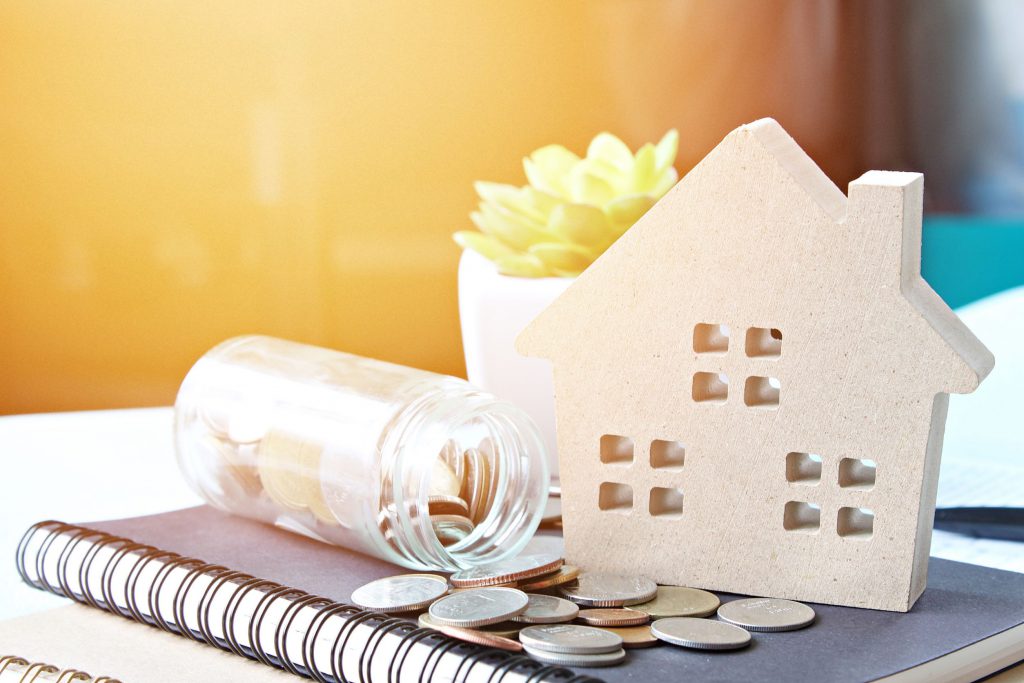
BENEFITS OF OWNING REAL ESTATE
A 1964 article from the Van Nuys Green Sheet today known as the Los Angeles Daily News. Some of the numbers need to be changed to protect the public, but the thought is still current.
The depreciating benefits of owning real estate are not completely understood by many prospective investors. The words tax loss, tax savings, write off, and shelter are thrown around with abandon.
In my opinion, the phrase tax loss is very misleading and should not be used. We are looking for a “tax shelter” by owning real estate. In some cases I have heard investors state that the reason that they bought an empty apartment house or office building was because it would be a good tax loss for them.
If you have an income property with no income, you must keep making the payments on the loans and the taxes. This money would have to come from your salary or savings. True, you could deduct the payments from your taxable income except for the equity portion of the loans.
TAKES STANDARD DEDUCTION
However, if you were in the 20% income tax bracket, you would be paying out $1.00 from your savings, and receiving only 20 cents reduction in your taxes. This is not good sound business even if your tax bracket is 90%.
To illustrate depreciation benefits let us establish a simple example. We have an investor who is single, no other exemptions, he lives in an apartment, works on a salary and he earns about $1000 per month.
He has no large deductions so he takes the standard deduction of $1000 per year as the maximum.
Using the 1963 tax methods, his tax would be based on an adjusted gross income of $12,000 less his exemption of $600 and his deductions of $1000. This situation would give him an income tax of $2892, based on a taxable income of $10,400.
HOW IT FIGURES
Now, this man at the beginning of the next year invests $10,000 into a ten unit apartment house at a price of $100,000. This property just breaks even during the next year. He receives no cash income from owning the property, but he does have the equity income as his loans would be reduced.
This equity would be approximately $1000 on a $20,000 second trust deed with a 1% payoff at 7% interest, and $1154 on a $70,000 first trust deed at 6.6% for 25 would be a total of $2154 on his down payment of $10,000 or 21.5% return even if he gets no cash flow.
This building is an older structure in central Los Angeles. His tax accountant decides to use a 15-year life on this old building for depreciation purposes. The method of depreciation will be 150% declining balance on 80% of the total value of the property as the tax bill shows a breakdown of 80% of the assessment to building and 20% to land.
SUBTRACT DEPRECIATION
This method of depreciation would give him $8000 depreciation the first year. As his income (equity growth) was $2154 with no cash income, his depreciation is subtracted from this and we arrive at a loss on the building of $5846. Do not be concerned that we did not subtract interest, taxes, and other expenses.
By calculating the equity growth and subtracting the depreciation from this figure, we arrive at the same tax loss as an accountant who subtracts all the expenses and depreciation from the income of the building.
With the ownership of this building for a year, his tax situation changes considerably. His adjusted gross income will be $12,000 minus the loss of $5846 or $6154. His exemption will remain at $600 and let’s assume that his deductions will stay at $1000.
This is a taxable income of $4554. The tax on this amount under the 1963 laws would be $984. Without owning the building his tax was $2892 so his personal “net spendable” after taxes goes up $1908.
HAVE FOUR ITEMS
This is an additional amount of return on his investment of 19.1% for a total of 40.6% return even if the building just carries itself.
The amount of depreciation benefits will increase with a smaller down payment so the use of leverage increases your return here. We have not even mentioned the appreciation benefits of owning real estate, and in a previous column, I mentioned that equity growth can be more fantastic if a shorter loan period is used.
Why then if a person is able to receive 19% spendable cash on an investment, doesn’t everyone buy some real estate? To make money in real estate you have to have four items:
First, you have to save some money and not spend all your money on new cars, etc.
Second, you have to have common sense to analyze a property or more important, find an investment property broker that you can trust as to honesty and knowledge.
Third, you must have some patience to pick the right investment.
Fourth, you must have the “guts” to make the final jump when a property arises. Of the people who do same or acquire the money, the major fault is in not analyzing a property completely as to the income stream and the expense problems.
DETERMINE BEST DEAL
Also, so many people search for property that will give high net cash income to them, when they should be looking for equity growth, appreciation, and a tax shelter property. The different returns cannot all come from the same property. Many investors with high income from other sources will not buy property because it does not net them 10% “cash spendable”. This person in many instances just does not know what he needs.

No comments yet.